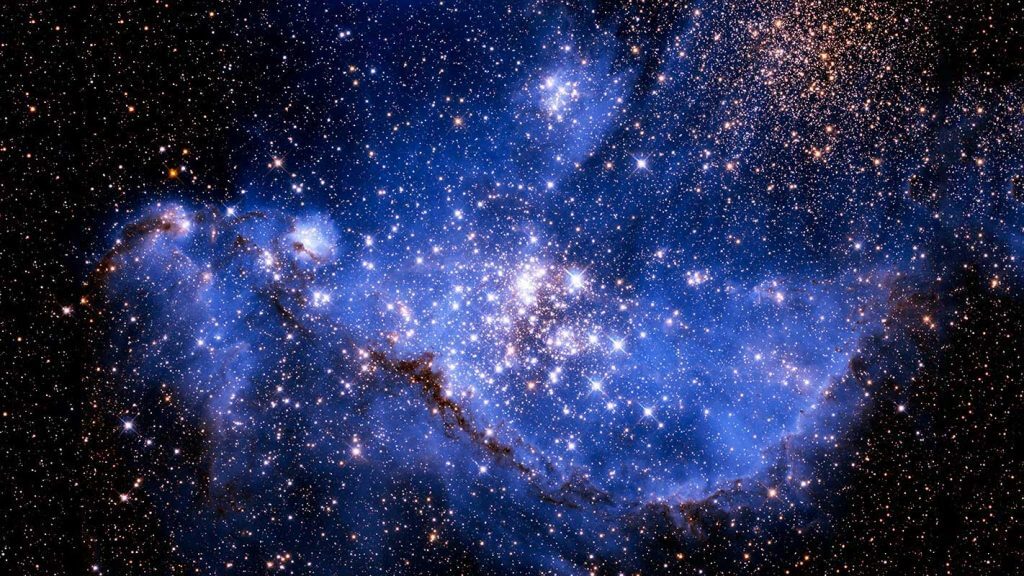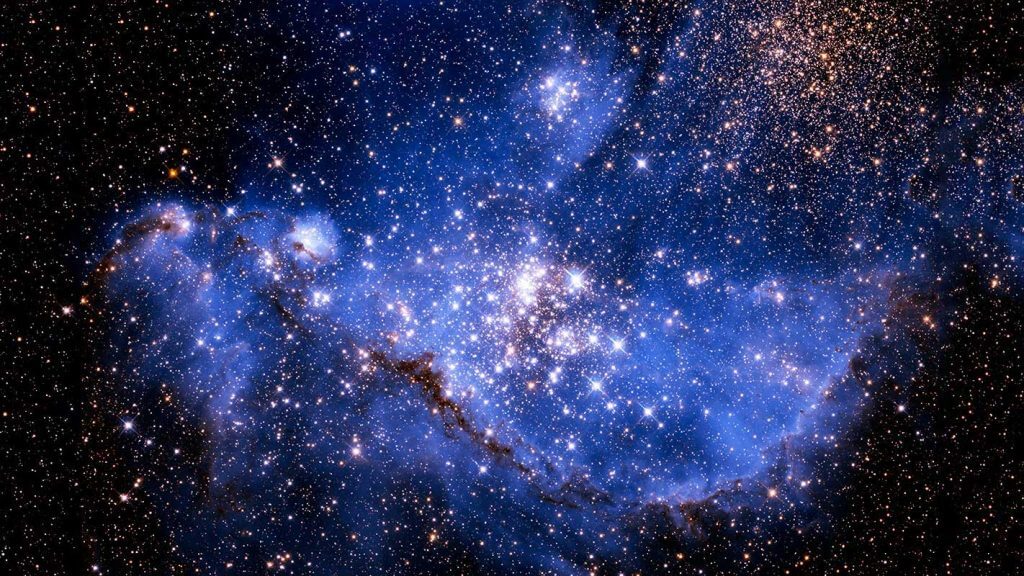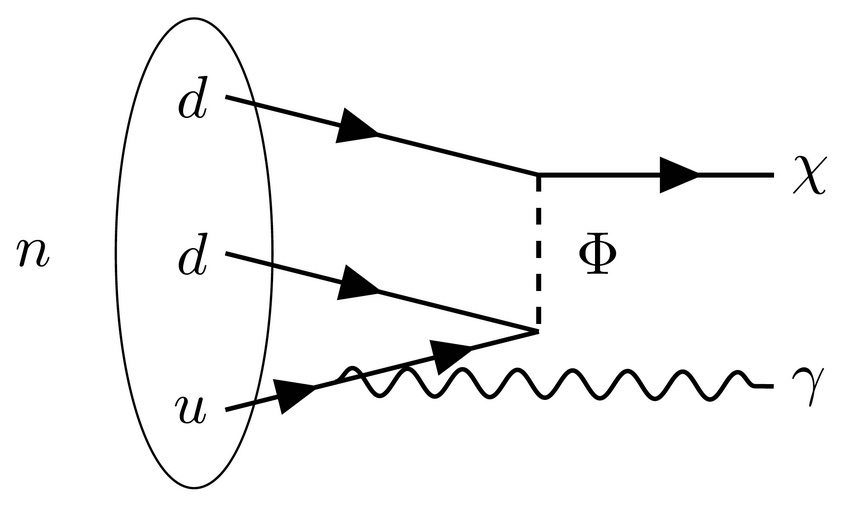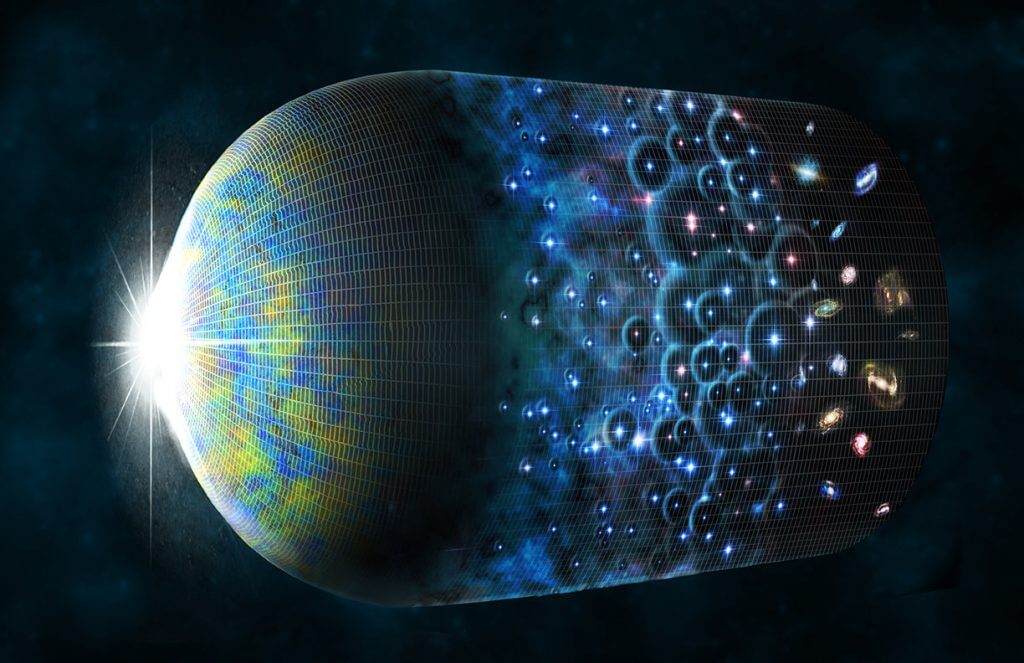The Biggest Questions About Dark Matter

The familiar material of the universe, known as baryonic matter, is composed of protons, neutrons, and electrons. On the other hand, dark matter may be made of baryonic or non-baryonic matter. To hold the elements of the universe together, it must make up approximately 80% percent of the universe.
Regular matter pulls things towards itself but there’s a lot of ‘extra pull’ in the universe. This force of attraction comes from an unobservable hypothetical matter. This unknown commodity is labeled as the “Dark Matter”.
What is Dark Matter?

It is the name given to the missing mass in the universe. It is a non-interacting substance that does not reflect, absorb, or emit light. According to a theory, axion is the particle that makes up this form of the matter.
The Axion Dark Matter Experiment (ADMX) was performed at the University of Washington last year. It became the first experiment sensitive enough to detect the most likely kind of axion. However, it requires further research and many questions are still unanswered.
Nature of Particles

There’s little known about dark matter. It was discovered due to its gravitational interaction with regular matter. The little we know about dark matter is also shrouded in doubt. According to a popular theory, its particles are their antiparticles. It means that two particles would annihilate one another when they meet.
Can We Detect it?

One of the most fundamental laws of physics is that ‘momentum is conserved’. In other words, the total momentum before a collision is equal to the total momentum after the collision. If the total momentum of the observed particles that emerge from a proton-proton collision is different, there should be an explanation. In such cases, it is quite logical to deduce that there’s an invisible particle that accounts for the missing momentum.
Researchers have built an experiment after experiment to study a huge number of ordinary particles deep underground. In these experiments, all kinds of interfering radiation are shielded that could mimic a dark-matter-particle collision. Although decades have been spent on this experimentation, no detection has made a credible discovery.
Something is out there generating gravitational force that can’t be accounted for by detectable matter. The information we have (until now) makes dark matter one of the universe’s greatest mysteries of all time.
Does it Exist in Every Galaxy?

Scientists think that dark matter is the controlling force behind giant structures (such as galaxies) because of its abundance. In fact, it is believed (theoretically) that some galaxies are made up entirely of this matter. They are called the “Dark Galaxies”.
Some other theories and discoveries contradict dark matter being an essential component of galaxies. A galaxy, named NGC 1052-DF2, hardly contains any of it at all. The discrepancy of the “missing mass” that’s seen in most galaxies isn’t present here. This is because there’s no need for dark matter to explain the behavior of this galaxy.
This leads scientists back to square one in their quest to gather more information about dark matter. For now, when it comes to its nature, scientists are, well, in the dark.
Could Neutrons Decay into Dark Matter?

Neutrons are regular matter particles with a limited lifetime. After around 14.5 minutes, a lone neutron unmoored from an atom will decay. This results in a proton, an electron, and a neutrino. Physicists suggested that if 1% of the time, some neutrons were decaying into dark-matter particles, its existence could be explained.
The physicists explored several different scenarios of “dark decay” for neutrons. In such cases, neutrons would break down into both dark matter particles and ordinary components, like gamma rays or electrons. However, no concrete results have been obtained yet.
Can it have an Electric Charge?

A signal from the beginning of time has hinted that dark matter might have an electrical charge. A 21-centimeter wavelength was emitted by the stars after the birth of the universe. This radiation was detected in February 2018 and its signature suggested that the hydrogen was much colder than expected.
Julian Muñoz, an Astrophysicist at Harvard University, hypothesized that dark matter with an electrical charge could be the reason. He explained that it could have drawn all the heat away from hydrogen. However, all those were mere speculations as scientists are still looking for a concrete explanation.
You can know more about other this interesting form of matter by clicking here.
